Disabled and Homeowner, Not Mutually Exclusive
Disabled and homeowner, not mutually exclusive.
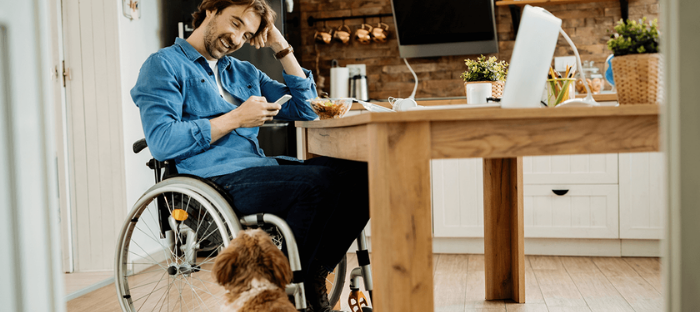
The title should be obvious but still, the lack of information out there for people with disabilities when it comes to homeownership or the home buying process is disheartening. So sit back and keep reading to find out some things you or a loved one may not have thought about when it comes to homeownership as a disabled person. Specially adapted housing shouldn't be a luxury.
The key for people with disabilities when it comes to owning a home is something to add on top of thinking about a down payment, or your credit score, you need to think about accessibility. Eligible homeowners qualify for grants and tax credits but these don't matter much if the home is not suitable for you. Your home should be disability-friendly or have the ability to accommodate your needs and that of your other disabled guests so that you are able to use the space as efficiently as possible. There are basics like wheelchair access, even if you do not require one, some of your guests may require it. Despite common narratives of compromises and putting up with ablest standards, the first person your home needs to cater to is the homeowner. Moreover, you need to make sure you're not only accounting for one disability and address both physical and mental impairments. As a disabled person, you must be comfortable in your home, comfort and safety shouldn't come as a compromise to each other.
When it comes time to buy a house, the most important issue for people who are disabled is whether or not their new home can accommodate their needs and their lifestyle. If you are not able to move around easily in your home, the house is virtually a pointless financial burden. It can be difficult to get around or do things such as cook meals without being uncomfortable or worse, in danger. While it's true that cooking carries some intrinsic risks, these risks are multiplied when the kitchen isn't suited to your specific disability. Sometimes you need to put out fires, and doing so when the fire extinguisher's placement was done without you in mind - let's just say things can get dangerous very quickly.
The good news for people with disabilities is that there are certain things you can look out for when buying a house, and they will help you to stay safe in your living space. It's important to think about how many rooms in the house will be accessible to you, what kinds of counters and cabinets are in each room, what kind of ramps are available, and so on. If possible, try to picture what the house can look like with modifications do to accommodate your specific needs.
Beyond the house itself, it's a good idea to ask your real estate agent about the neighbourhood. If you have difficulty being alone, having immediate neighbours can help reduce that anxiety somewhat. It's great to know that you can ask your neighbours to keep an eye on your home when you go out of town. Having immediate neighbours also means that they will be able to hear you if something happens in the event that you are injured or unable to call for help.
When looking at homes, try not to just think about what's there now, but also think about what you will be able to do as time goes on. You want a house that is going to allow you to stay on some level for the long term. Depending on the nature of your disability, it's important to think about the future and whether the house can accommodate your needs as they change over time, your home still needs to fit the job of specially adapted housing - not just now or in five years, but also in 10 or 15 years.
Maybe you will need wheelchair ramps when you get older, or maybe your condition will evolve and you won't be able to use stairs at all anymore. It's important to think about the future when buying a house so that it can accommodate any changes that might happen down the road. You don't want to be stuck in a house that you can't use at all years down the road - it's important to think about what your needs are right now and project into the future.
You should also think about whether or not there is enough space for everyone who will be living in the home. If you have any guests, family members, or friends who stay with you, it's important to have a place for them to spend time and be comfortable. The more guests that your home can accommodate, the better off you will be.
To make sure the home is as accessible as possible, try doing a walk-through with the people that will be living with you or those visiting often so that they can point out some of the potential problems. A close family member coming along to inspect the areas that you may not be able to access could prove invaluable, anything that may involve physical labor needed around the home needs to be accounted for before you come to a decision.
If you are purchasing another home in addition to your principal residence, like a vacation home, it's important to keep a certain degree of parity across your properties without sending homeownership costs through the roof. The degree of accessibility between the two properties should remain the same, lest you create a situation where a stay is uncomfortable because of an oversight. Keep the same rules in place for all of your properties and if there are any differences, be sure they benefit you as an individual.
Perhaps some of these accommodations will be easier to make in one home rather than another - but it's important to know what is possible before making a choice. If your condition evolves as you age, you also need to take into consideration the modifications needed across all your properties so that they best complement your disability at the time. One important note, when taking into account additional costs, keep each grant threshold in mind; it feels like spinning plates but it's important to balance the eligibility of homeownership programs, your family income, and how that can affect your financial assistance overall.
Resources for Disabled Homeowners and Buyers

Thankfully, there are many options to consider. Canada's federal government and government assistance specific to British Columbia (like provincial disability assistance) can be a big difference in your prospects. It's important to learn about how your physical or mental impairment can qualify you for financial assistance and help you afford a higher purchase price. Between homeownership programs, assistance programs, and more, here is a list of some of the various options that can help with buying a house with a disability:
- In addition to your mortgage payments, you will also have to pay for ongoing maintenance and home insurance. You may qualify for homeowner grants that will cover this expense for you. Check out this link for more information on the topic: https://showmethegreen.ca/home/home-improvement/canadian-government-grants-for-disabled-homeowners-2018/
- Some new resources for disabled Canadians are also on their way to the Inclusion Canada website, here.
- There are tax breaks for Canadians who have disabilities, something worth exploring! This can be the last extra nudge to help bridge the gap on a mortgage.
- Good places to look into in terms of buying a home in Canada with a disability include: CMHC (Canada Mortgage and Housing Corporation), RDSP (Registered Disability Savings Plan).
And remember, a real estate agent should brush up on your rights and help you put all the chances on your side. They are an arsenal all unto themselves, able to sniff out problems that even you might not have thought of - so pick a diligent one!
Even if there are challenges in the way, disabled people buy their own homes all the time, there's no reason why you can't strive to do the same. With housing grants, hardship assistance, and other forms of financial assistance, you have the ability to get a house that fits you.
View All Homes For Sale in Greater Vancouver >>>
About Search Home Listings
SearchHomeListings.ca has simplified the home buying and selling process by giving you superior tools with up-to-the-minute information including active homes for sale, sold homes, market reports, and a home valuation tool! We have a team of success managers on standby to support you with setting up your saved home search and agents ready to take you out on a tour. Tap into our industry experts from inspectors, to contractors to interior designers to provide you with the best prices and service possible. Everyone attached to our website has been rigorously vetted and is made up of caring, knowledgeable professionals that work tirelessly to help you to make your home buying experience as stress-free as possible. Contact us today to see how we can help!
Sites We Follow
Categories
Recent Posts

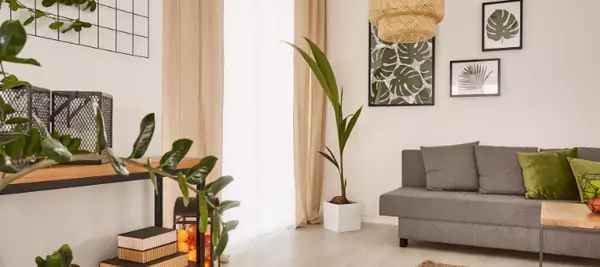

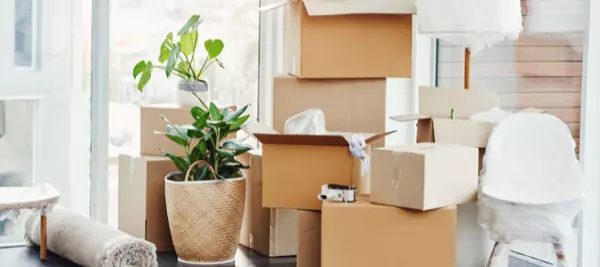
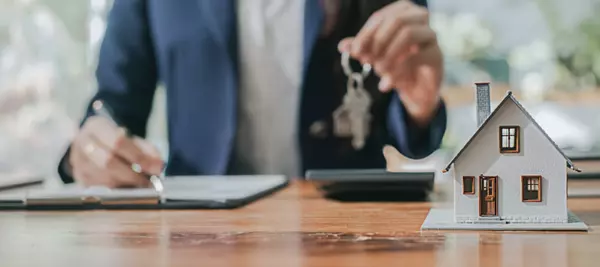
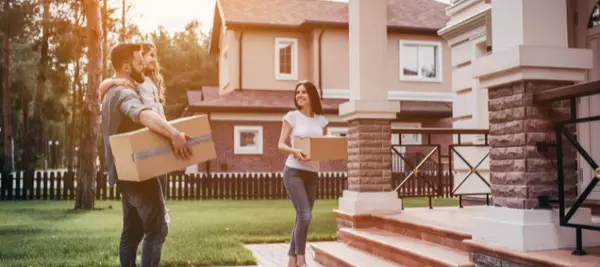
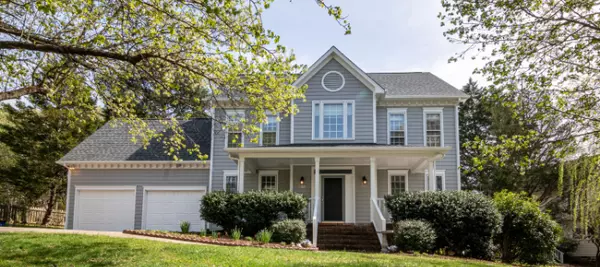


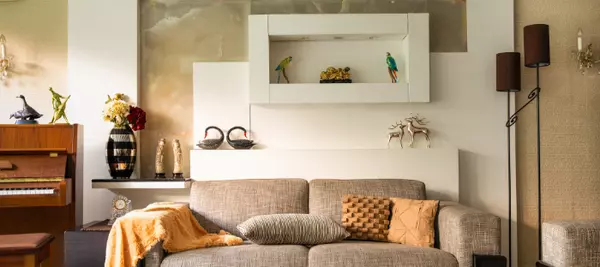
GET MORE INFORMATION

